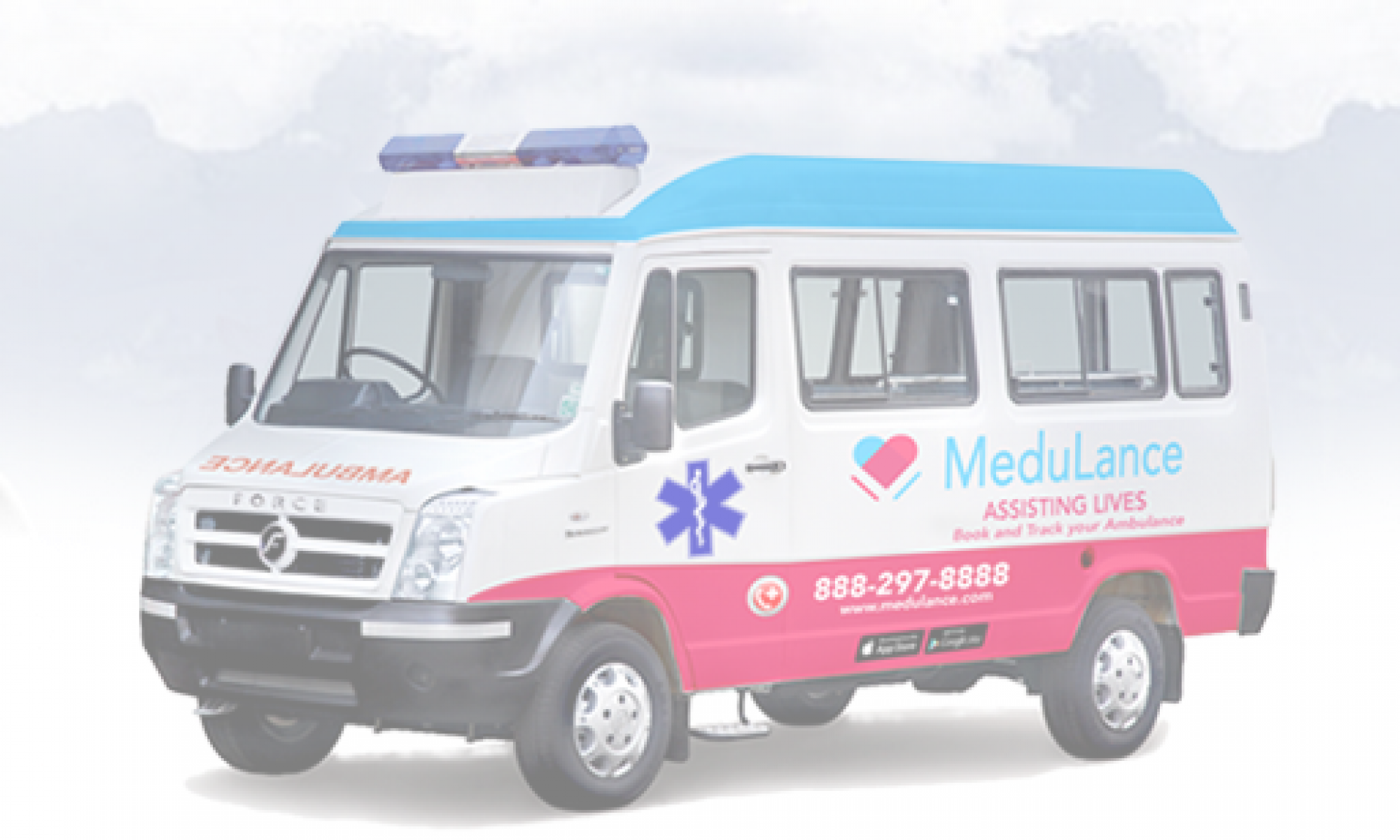People are always allergic to something — whether pollen, peanuts, or pet dander. But not all allergies are the same. Here’s a rundown of the most common kinds of allergies.
Allergic Rhinitis: Swelling and inflammation of nasal passages, congestion, sneezing, and itchy, watery eyes caused by a variety of outdoor and indoor allergens.
Tips to stay safe :
● Stay indoors as much as possible when pollen counts are at their peak, usually during the mid-morning and early evening (this may vary according to plant pollen), and when the wind is blowing pollens around.
● Avoid using window fans that can draw pollens and molds into the house.
● Wear glasses or sunglasses when outdoors to minimize the amount of pollen getting into your eyes.
● Wear a pollen mask (such as a NIOSH-rated 95 filter mask) when mowing the lawn, raking leaves or gardening, and take appropriate medication beforehand.
Sinusitis: An infection of the sinuses sometimes related to or caused by allergic rhinitis or asthma. However, at least half of all chronic sinusitis isn’t caused by allergies.
Tips to stay safe :
● Antibiotics help eliminate a sinus infection by attacking the bacteria that cause it, but until the drugs take effect, they do not do much to alleviate symptoms.
● Topical nasal decongestants can be helpful if used for no more than three to four days.
These medications shrink swollen nasal passages, facilitating the flow of drainage from the sinuses.
Asthma: Inflammation of the lungs and airways and constriction of the bronchial tubes triggered by many of the same allergens as allergic rhinitis, and resulting in wheezing, chest tightness, shortness of breath and coughing.
Tips to stay safe :
● Remove wall-to-wall carpets, curtains, and drapes particularly in the bedroom.
● Keep pets out of the bedroom, and preferably out of the house.
● Minimize household humidity.
● Use “mite-proof” cases on mattresses and pillows; wash bed linens frequently in hot water.
● Wear a mask when cleaning
● Keep the relative humidity in your home less than 50%
Food Allergies: Symptoms such as rash, vomiting and diarrhea, coughing, wheezing, facial swelling, hives, and others triggered by specific foods in some people. Food intolerances, such as lactose intolerance, are more common, but they are not considered allergies because they do not involve an allergic reaction.
Tips to stay safe :
● Checking ingredients before eating anything
● Always carrying an EpiPen
Bee Sting Allergy (Insect Venom Allergy): One of the most dangerous allergic reactions, especially for people who are severely allergic to bee stings. Causes swelling and inflammation around the site of the sting, and in severe cases, an anaphylactic reaction that involves the entire body. Symptoms include hives, swollen airways, wheezing, difficulty breathing and swallowing, increased pulse rate, and decreased blood pressure causing dizziness.
People with bee and insect venom allergies must carry an epinephrine (adrenaline) self-injection kit (brand names include EpiPen and Twinject) with them at all times in case they are stung.
Tips to stay safe :
● Avoid insects.
● Immediately inject epinephrine (adrenaline) if symptoms of anaphylaxis develop.
● Consider allergy shots (immunotherapy).
Medulance is a user-friendly way to request and track ambulances close to you. Medulance, India’s first, GPS based technology platform for fast and reliable first point medical attention.
